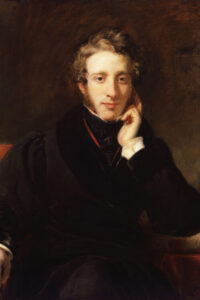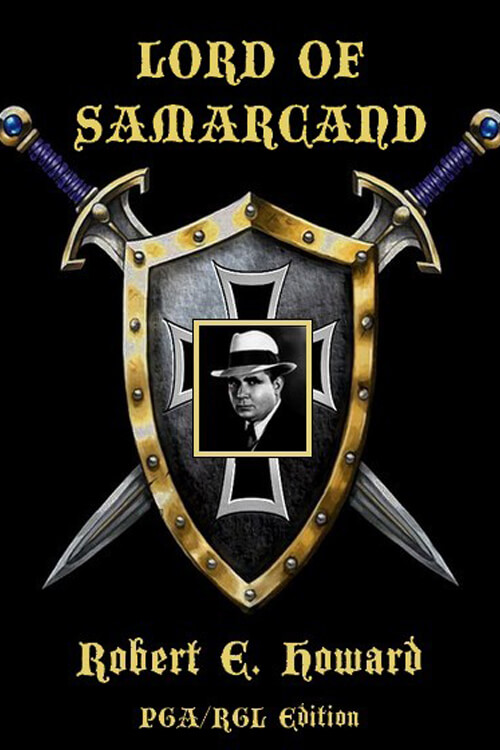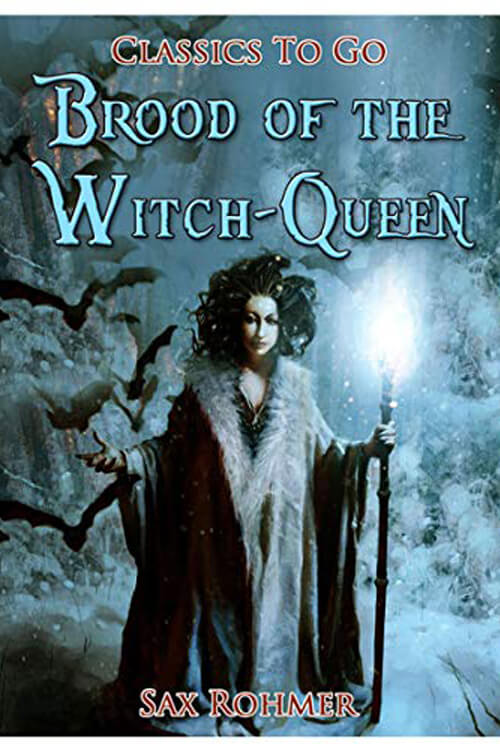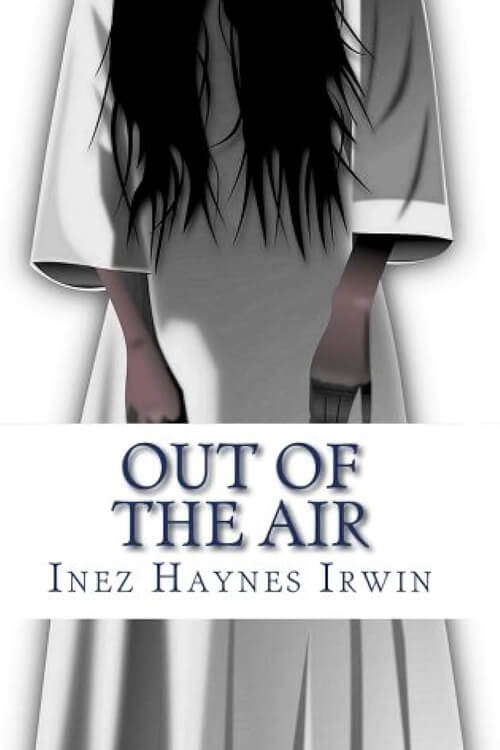
Alice, or the Mysteries
It was towards the evening of a day in early April that two ladies were seated by the open windows of a cottage in Devonshire. The lawn before them was gay with evergreens, relieved by the first few flowers and fresh turf of the reviving spring; and at a distance, through an opening amongst the trees, the sea, blue and tranquil, bounded the view, and contrasted the more confined and home-like features of the scene. It was a spot remote, sequestered, shut out from the business and pleasures of the world; as such it suited the tastes and character of the owner.
That owner was the younger of the ladies seated by the window. You would scarcely have guessed, from her appearance, that she was more than seven or eight and twenty, though she exceeded by four or five years that critical boundary in the life of beauty. Her form was slight and delicate in its proportions, nor was her countenance the less lovely because, from its gentleness and repose (not unmixed with a certain sadness) the coarse and the gay might have thought it wanting in expression. For there is a stillness in the aspect of those who have felt deeply, which deceives the common eye,—as rivers are often alike tranquil and profound, in proportion as they are remote from the springs which agitated and swelled the commencement of their course, and by which their waters are still, though invisibly, supplied.
The elder lady, the guest of her companion, was past seventy; her gray hair was drawn back from the forehead, and gathered under a stiff cap of Quaker-like simplicity; while her dress, rich but plain, and of no very modern fashion, served to increase the venerable appearance of one who seemed not ashamed of years.
“My dear Mrs. Leslie,” said the lady of the house, after a thoughtful pause in the conversation that had been carried on for the last hour, “it is very true; perhaps I was to blame in coming to this place; I ought not to have been so selfish.”
“No, my dear friend,” returned Mrs. Leslie, gently; “selfish is a word that can never be applied to you; you acted as became you,—agreeably to your instinctive sense of what is best when at your age,—independent in fortune and rank, and still so lovely,—you resigned all that would have attracted others, and devoted yourself, in retirement, to a life of quiet and unknown benevolence. You are in your sphere in this village,—humble though it is,—consoling, relieving, healing the wretched, the destitute, the infirm; and teaching your Evelyn insensibly to imitate your modest and Christian virtues.” The good old lady spoke warmly, and with tears in her eyes; her companion placed her hand in Mrs. Leslie’s.
Read or download Book
Baron Lytton Edward Bulwer Lytton
Edward George Earle Lytton Bulwer-Lytton, 1st Baron Lytton, PC (25 May 1803 – 18 January 1873) was an English writer and politician. He served as a Whig member of Parliament from 1831 to 1841 and a Conservative from 1851 to 1866. He was Secretary of State for the Colonies from June 1858 to June 1859, choosing Richard Clement Moody as the founder of British Columbia. He declined the Crown of Greece in 1862 after King Otto abdicated. He was created Baron Lytton of Knebworth in 1866.
Bulwer-Lytton’s works were well-known in his time. He coined famous phrases like “pursuit of the almighty dollar”, “the pen is mightier than the sword”, “dweller on the threshold”, “the great unwashed”, and the opening phrase “It was a dark and stormy night.” The sardonic Bulwer-Lytton Fiction Contest, held annually since 1982, claims to seek the “opening sentence of the worst of all possible novels”.
Life
Bulwer was born on 25 May 1803 to General William Earle Bulwer of Heydon Hall and Wood Dalling, Norfolk, and Elizabeth Barbara Lytton, daughter of Richard Warburton Lytton of Knebworth House, Hertfordshire. He had two older brothers, William Earle Lytton Bulwer (1799–1877) and Henry (1801–1872), later Lord Dalling and Bulwer.
His father died and his mother moved to London when he was four years old. When he was 15, a tutor named Wallington, who tutored him at Ealing, encouraged him to publish an immature work: Ishmael and Other Poems. Around this time, Bulwer fell in love, but the woman’s father induced her to marry another man. She died about the time that Bulwer went to Cambridge and he stated that her loss affected all his subsequent life.
In 1822 Bulwer-Lytton entered Trinity College, Cambridge, where he met John Auldjo, but soon moved to Trinity Hall. In 1825 he won the Chancellor’s Gold Medal for English verse. In the following year, he took his BA degree and printed for private circulation a small volume of poems, Weeds and Wild Flowers. He purchased an army commission in 1826 but sold it in 1829 without serving.
In August 1827, he married Rosina Doyle Wheeler (1802–1882), a noted Irish beauty, but against the wishes of his mother, who withdrew his allowance, forcing him to work for a living. They had two children, Emily Elizabeth Bulwer-Lytton (1828–1848), and (Edward) Robert Lytton Bulwer-Lytton, 1st Earl of Lytton (1831–1891) who became Governor-General and Viceroy of British India (1876–1880). His writing and political work strained their marriage and his infidelity embittered Rosina.
In 1833, they separated acrimoniously and in 1836 the separation became legal. Three years later, Rosina published Cheveley, or the Man of Honour (1839), a near-libelous fiction satirizing her husband’s alleged hypocrisy.
In June 1858, when her husband was standing as parliamentary candidate for Hertfordshire, she denounced him at the hustings. He retaliated by threatening her publishers, withholding her allowance, and denying her access to their children. Finally, he had her committed to a mental asylum, but she was released a few weeks later after a public outcry. This she chronicled in a memoir, A Blighted Life (1880). She continued attacking her husband’s character for several years.






